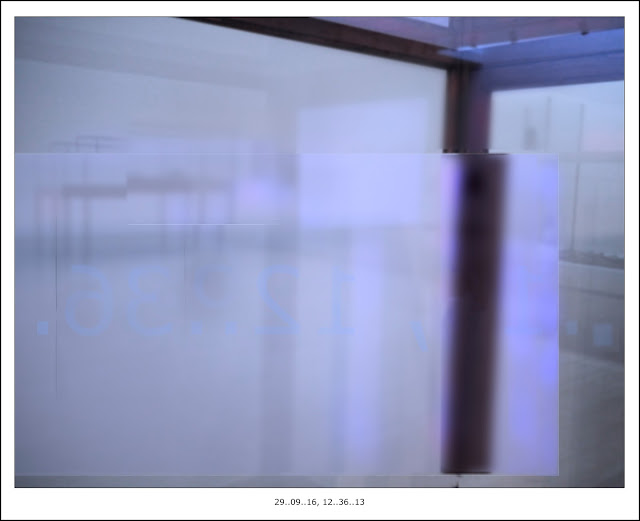(Cursor on the image for a detailed viewing,
all drawings, Hilde Schreier,
all images copyright Michael Schreier)
Post 14
A State of Rupture in a Time of Alternative Facts
...with appreciation to Edmond Jabès...From the Desert to the Book...
" To Question means to break; it means to set up an inside and an outside. It means to be at times in the one, at times in the other. In an outside that would be, in relation to the inside, a backing away, a recession-the retreat- the prelude, the first threshold necessary for interrogation, a neuter space where neutrality is obsolete."
The Labyrinth of the Question
Dialogues between Edmond Jabès and Marc Cohen
Perhaps, surrounded by one's familiar circumstance, one may experience the depth of both clarity and doubt embraced by thought. I certainly do not claim authorship of such concerns, only an empathy for those in the past who have spoken so eloquently of both loss and of faith.
In this time of the Alternative Fact a reassurance for truth is set adrift as nurturing rests in limbo; the concertmaster encourages a singular and in some way, cynical skepticism. While some, a few members of the popular circus may be embraced by a false hubris, the poet/artist may challenge the veracity of the charlatan's hollow echo.
A remarkable composition by Harold Budd:
Harold Budd The Whispers
Hannah Hoch, Cut With the Kitchen Knife Through the last Weimar Beer-Belly Cultural Epoch
in Germany, (1919-20)
The chaos depicted in Hannah Hoch's work, echoed in writings by Eugene Ionesco decry the insanity and brutality of an epoch that in some way seems to be returning. As one curator/critic questioned Joseph Sudek's remarkably intimate renderings of a window, garden as sentimental, not resonating the tragedy of the Czech crisis during the Weimar period: seemingly, to much perhaps of an idyllic garden. Such a reflection could not be further from the truth as Sudek's work, dark in tonality spoke to loss and melancholy, a world fallen from grace, and in his silent space can be found the resonance for beauty, grace and, with an almost reluctant faith.
Idealism is easily coerced by pomp and ceremony, so perhaps it is through an artist's pursuit of quietude and reflection that one begins to understand the value of thought, empathy and discovers the strength to confront the doubt generated by the daily mockery prevalent in our social community.
If one cursors on either one of the my two previous interior images, one may see a set of numbers integrated with the image, numbers sourced
as the time line during which the original exposure is made. Almost impossible to realize these numbers offer a rationale to the moment and underscore the very nature of the photograph, a rupture from continuity. One may also recognize that I have intentionally printed the numbers backwards, hoping to offer a virtual transition to the other side of the picture-plain, a way of suggesting passage from one space to another. Further, I have come to consider that my entry to photography has somehow been governed, or regulated by my severance as a young child from Vienna, including the loss of my mother tongue.
Time and Space were only their disguises'
Time and Space were only their disguises
From swords in bushes, flowers like periscopes,
And mirrors that revealed themselves as faces.
And later, clouds flew past me as I sat;
Stations like ships swam up to meet the train
And bowed; all time was equal like the sun;
Each landscape was elaborately set.
But now this blackened city in the snow
Argues a will that cannot be my own,
And one not wished for: points to show
Time in his little cinema of the heart
Giving a première to Hate and Pain;
And Space urbanely keeping us apart.
before April 1941
Philip Larkin
Collected Poems
Edited with an Introduction by Anthony Thwaite
The Marvell Press 1988











